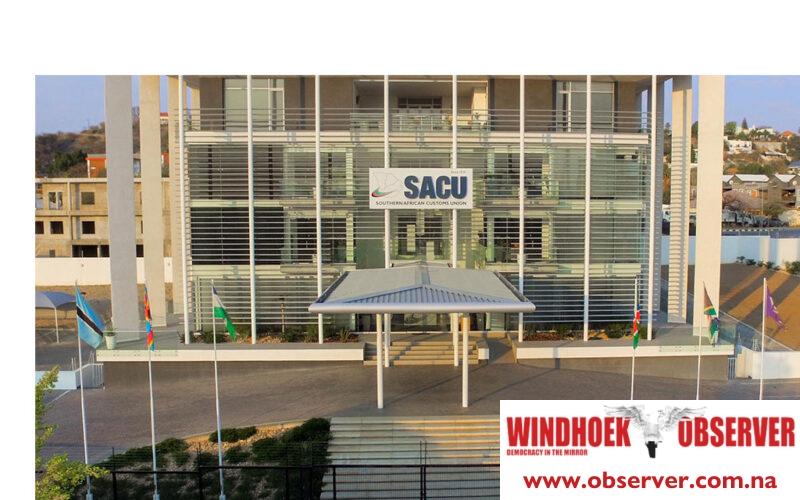Martin Endjala
Trade experts have dismissed reports suggesting that the Southern African Customs Union (SACU) is engaged in a trade war.
Last year, Botswana and Namibia banned the import of vegetables and fruits such as tomatoes, carrots, potatoes, cabbage, lettuce, garlic, onions, ginger, fresh herbs and citrus from South Africa until 2025.
The introduction of import restrictions is seen as contrary to the union’s principles.
At the time of the ban, the president of Botswana, Mokgweetsi Masisi, said it was intended to bolster the production of local farmers and the economy by promoting self-sufficiency.
A trade expert in the Ministry of Industrialization and Trade, Diana Tjiposa, said the report is not accurate.
The communication officer in the ministry, Elijah Mukubonda, said the ministry is busy looking into the matter to verify such claims and would provide a response on the matter at a later stage.
SACU promotes free trade among its members.
Paul Makube, an agricultural economist at FNB in South Africa, was last year quoted in the media saying that the South African farmers will now have to redirect additional produce meant for exports into the local market.
According to Makube, this will increase supply and benefit the consumer, but the economy will feel the loss of exports.
“It’s quite concerning, because, from an economic point of view, it impacts the revenues of farmers, which means that they might redirect the contribution to the local market, which will put pressure on prices on the local market,” Makube said.
Makuba said there were various other methods for countries to boost their local economies without hurting other nations.
“If you want to support your domestic industry, there are various measures to do that. One of them is either financial support institutes to deploy certain technologies. But the measures where you intervene in the market are one of the things that are very anti-competitive, and they go against the rules of international trade,” he said.
Businessman Robie Amadhila also indicates the challenges of cross-border restrictions between Namibia and Botswana are a matter of concern.
“There is definitely no trade war in SACU. Nevertheless, it is correct that there are currently cross-border trade challenges in SACU, which SACU is addressing,” he said.
He said these are mainly the import restrictions by Namibia and Botswana and other restrictions by South Africa on Botswana and Namibia, but they don’t constitute a trade war.
The Namibia Agronomic Board chief executive officer, Fidelis Mwazi, also confirmed the import restriction on fruits and vegetables in a notice dated 12 December 2024.
In August last year, South Africa’s minister of agriculture, John Steenhuisen, announced plans to engage with Botswana and Namibia to discuss the citrus import ban and seek a resolution.
“We believe we can find an amicable solution. I don’t think we need to end up with a situation where you block our products and we block yours. I don’t think it’s helpful to both countries. I hope we will be able to sit around with the Botswana and Namibia (counterparts), and we two can compromise—we have an agreement in SACU,” Steenhuisen was quoted.
In December last year, Botswana’s President Duma Boko lifted restrictions on vegetables such as turmeric, patty pans, pumpkins, sweet potatoes, green peas, mushrooms and eggplants from South Africa.
Phase two will be in April 2025, when the ban on products such as beetroots, butternuts, onions, tomatoes, sweet potatoes, potatoes and watermelons will be lifted.
SACU senior trade officials held a meeting in September last year in Swakopmund to discuss and review progress made for the 2024-25 annual work plan for the customs modernisation programme.
This included challenges of customs facilitation and logistics, among others.
The SACU communication officer Rauna Mumbuu did not respond to questions sent to her via email.




